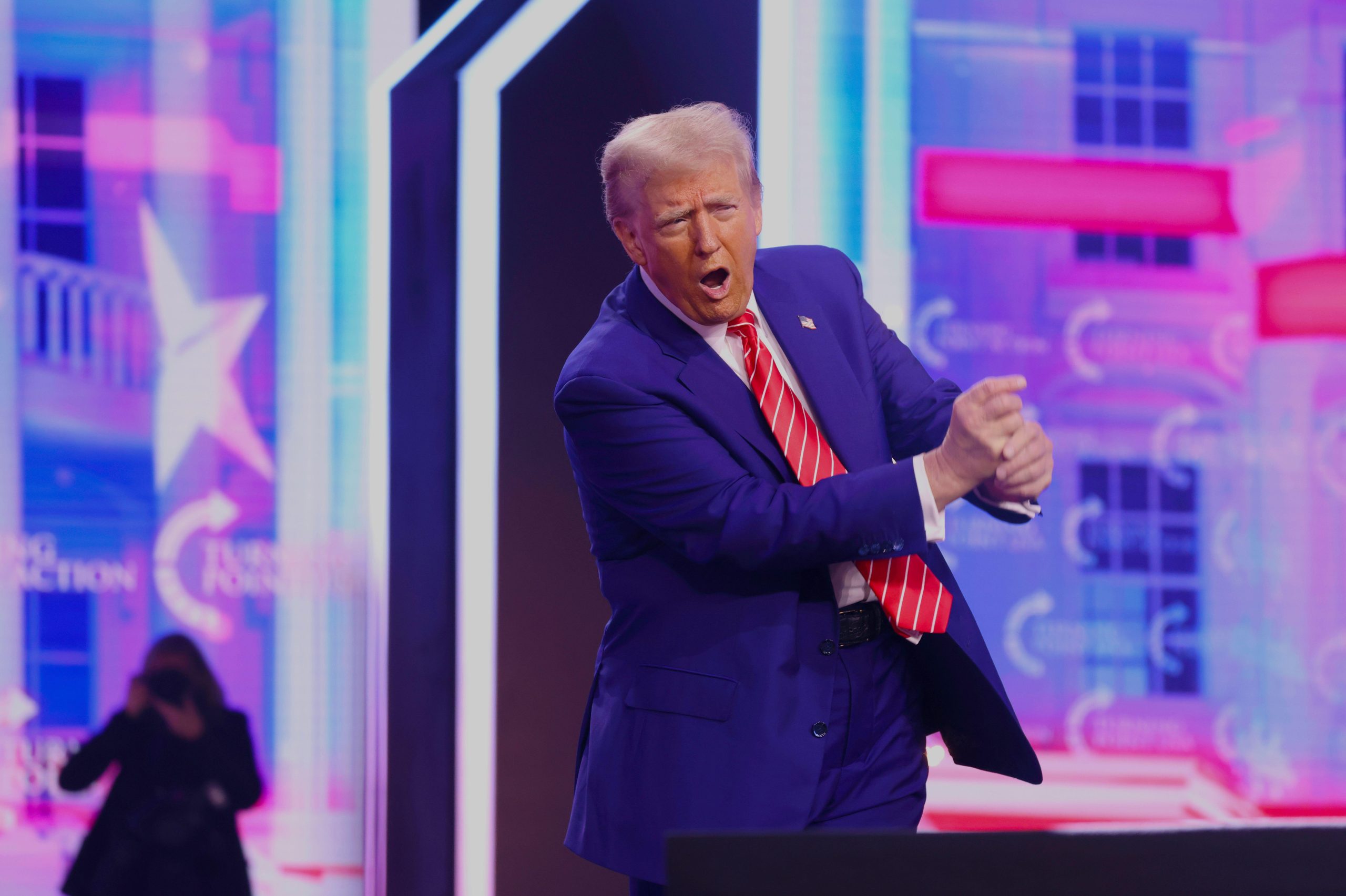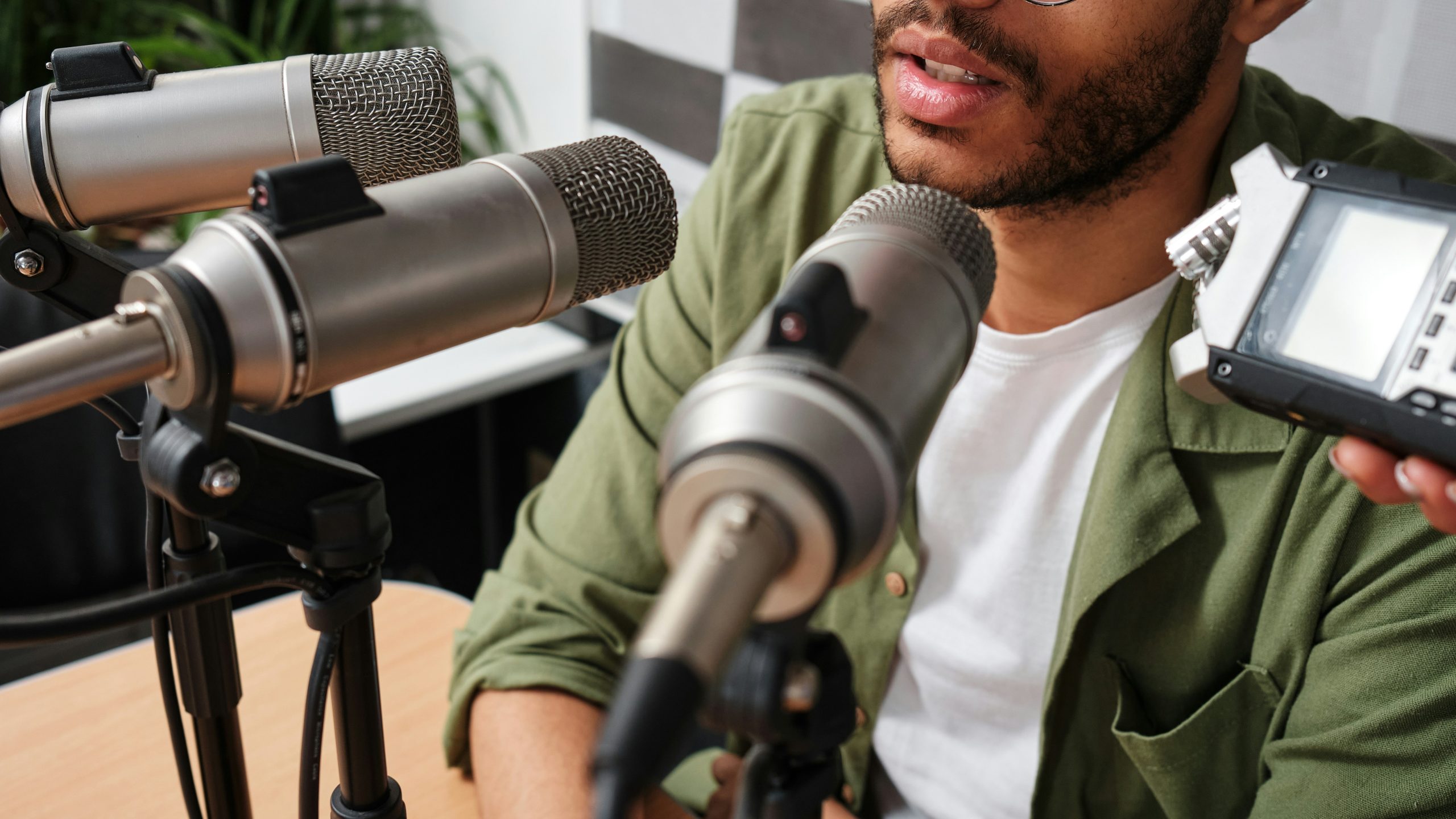The second Donald Trump administration isn’t even a month old, and yet it seems as though the divisive president has already produced enough headlines to get us to the next election. With sweeping executive orders, massive cuts to federal departments and sights set on the contentious purchase of foreign lands, it’s hard to currently decipher the impact of his decisions and statements on the American people, and globally.
This is particularly true when it comes to one of the foundations of the USA’s Bill of Rights – the right to free speech.
Since his inauguration, there have been accusations of censorship and free speech violations levelled at Trump and his office. His threat to deport students with VISAs who display pro-Palestine views has rung alarm bells, and after the 47th President was credited with the reinstatement of social media platform TikTok in the USA, there were user reports of censorship around criticism of Trump, or pro-Palestine sentiment. There have also been major causes for concern among the LGBTQ+ community as one of Trump’s new executive orders threatens the self determination and self expression of trans people.
But is it all bad news when it comes to free speech? The USA-based non-profit organisation Foundation for Individual Rights and Expression (FIRE) keeps a close watch on how each president upholds freedom of speech according to the First Amendment of the US Constitution. Speaking to Index, members of FIRE’s legislative team explained how Trump’s first few weeks in office have impacted free speech in the USA, for better and worse.
Tyler Coward, lead counsel in higher education related government affairs at FIRE, has concerns about Trump’s threat against pro-Palestine foreign students. “There are mixed signals from some courts about what speech rights people have when they’re here on a temporary status, such as [on] visas, but FIRE’s position is that it’s a bad idea to create two classes of students on campus, some that can participate fully in campus advocacy or campus protests, and those who risk fear of deportation,” he said.
“There are students that can or have engaged in actual unlawful activity, including violence against other students, engaging in sanctionable civil disobedience, actual discrimination or intimidation, things that are generally not protected by the First Amendment,” he continued. “But we think it’s a bad idea to create a system where speech that would be protected for an American student, wouldn’t be for a student on a student visa.”
However, Coward believes that if Trump abides by the precedent set in his first term, the impact on free speech could be varied. “His (first) administration did some things on the campus side, some which were helpful, some which were not. First off, on the helpful side is that we in the United States have an anti-discrimination statute called Title IX, which prohibits discrimination on the basis of sex, in education, in any entity that receives federal education dollars.
“The Federal Department of Education was interpreting that statute in ways that threatened free expression, particularly free speech, on sex and gender issues, and the first Trump administration passed rules that were very speech protective to allow for broader discussion and debate about these issues on campus… the Obama administration and the Biden administration both adopted rules that were harmful to free speech on those issues.”
But other executive orders implemented during Trump’s first term, and being continued into this administration, could have stretching powers that impact people’s right to protest and express views freely, Coward added.
For instance, Title VI of the 1964 Civil Rights Act – which bans discrimination based on race, colour, or national origin in organisations that receive federal funding, such as universities – has now been extended to include anti-Semitism. While hate speech should rightly be tackled, the concern is that the order could be expanded beyond hate speech and used in such a way that stifles the free speech of those who oppose Israel’s policies.
“I suspect we’ll see a lot more enforcement and a lot of speech that is protected by the First Amendment, including criticisms of Israel, that will pressure educational institutions that receive federal dollars,” said Coward. “The institutions will be cracking down on this speech in ways that threaten free expression, and then the education department itself will start investigating institutions for failure to censor that speech.”
Carolyn Iodice, legislative and policy director at FIRE, also told Index about the threats that journalism in the USA could face as a result of Trump’s attitude to the media. The president has sued several media outlets and social media firms because of the way they have reported news about him, represented his opponents or moderated his speech, Iodice said.
“We would have normally expected that the entities – like CBS News, Facebook and ABC News – would fight that kind of lawsuit; because for one [Facebook], there’s no legal claim to be had against them, and two, with CBS and ABC, if you don’t defend your journalists it creates this chill about what they can and can’t say about the president.”
Meta, the owner of Facebook and Instagram, is due to pay $25 million to Trump in a settlement, after Trump sued the Big Tech firm and its chief executive Mark Zuckerberg in 2021 over the suspension of his accounts following the 6 January 2021 Capitol riots. ABC has settled its defamation case for $16 million. CBS is also reportedly considering settling over a case involving an interview with former Vice President Kamala Harris, where Trump alleged that CBS had edited the show to unfairly cast Harris in a more favourable light.
“The concern there is that you now have, by virtue of these lawsuits, a multi-billion dollar incentive for companies to have their journalists shape their coverage in ways that won’t get them brought back to court by the president again and again,” Iodice said.
Regarding social media, despite anecdotal user reports of censorship on TikTok when it was first reintroduced in the USA, FIRE are generally positive about the steps Trump has taken towards reducing censorship on these platforms.
“The most promising thing so far,” Iodice said, “is that he issued an executive order that talked about, and was critical of, the practice of the government leaning on social media companies to coerce them to [censor] speech in ways the government couldn’t directly require them to do, because of the First Amendment. And we think that’s a very good thing, regardless of who does it.”
The second Trump Administration outwardly champions free speech for Americans, but the first weeks of government have not always represented this ethos. Those of us working against censorship around the world have looked on with trepidation at this new government, which looks set to overturn the applecart in all facets of government. One can only hope that the First Amendment isn’t flung to the wayside.






